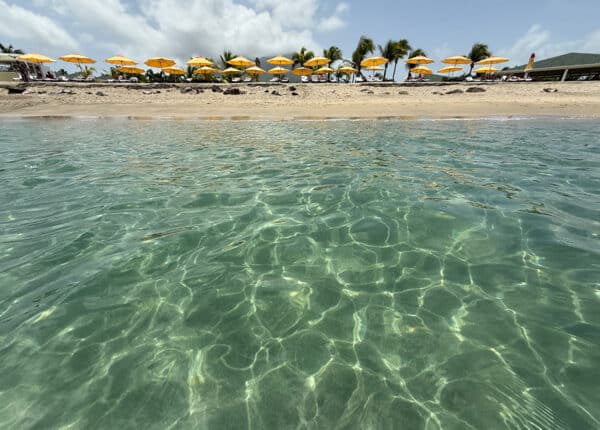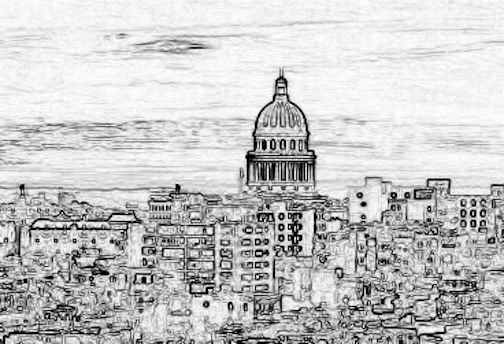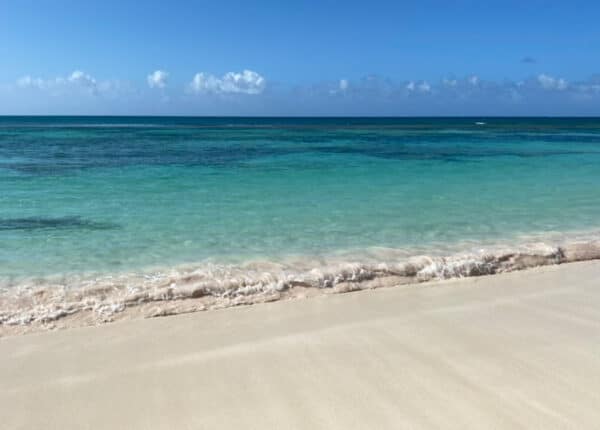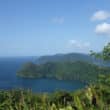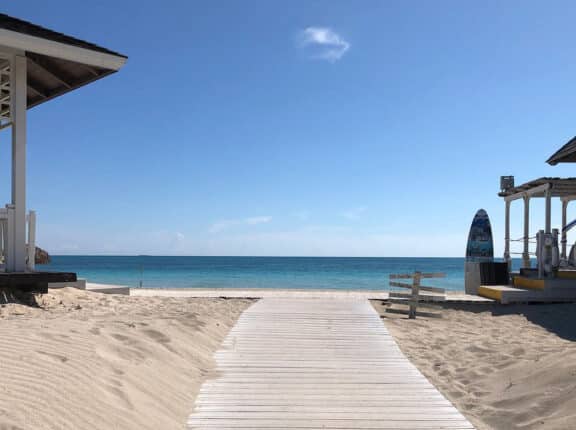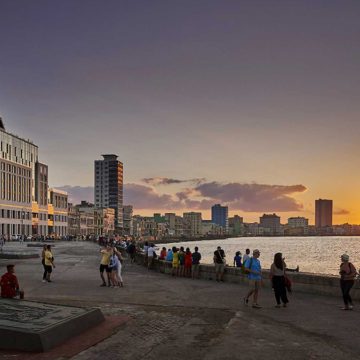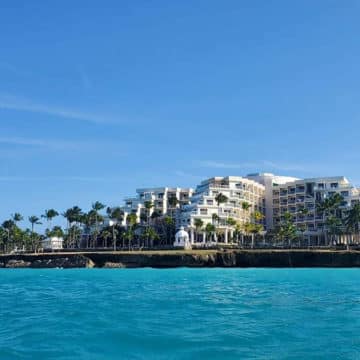By José Gabilondo
Op-Ed Contributor
What “Cuban embargo” brings to mind is the economic blockade of the United States on the island. It means something else too — an embargo directed at Cuban-Americans raised in diaspora — in this case, an emotional one that can cabin in identity.
These psychic constraints stifle contact with the island and, to some extent, pathologize even the notion of engaging with Cuba, other than to disrupt the government.
Admittedly, by making it harder for Americans to know Cuba first-hand, the US blockade complements the identity embargo, but what really fuels the latter is the Cuban-American family.
Much ink has been spilled about the economic blockade, so here I focus on the family ban, speaking as someone born in Cuba, raised in the United States, fiercely proud of my own family, and very much identified with the island.
It is in the family that an evergreen memorial has been set up to observe and honor the losses — psychic and financial — caused by leaving Cuba. These losses can fuel a rich oral history about Cuba and the move to the United States. Alternately disturbing, incendiary, and funny, these stories grip the listener, especially a child forming his or her image of the world.
A poignant manual for Cubans raising children in the United States explains why this oral history matters. Written by Ruperto Carmenate in 1971, El Problema del Niño Cubano (The Problem of the Cuban Child) urges parents to keep alive notions of Cuba by teaching their kids about Cuban history and culture. That is, in diaspora the family acts as a placeholder for the lost nation by passing on strategic memories, ones that are intended to shape not only the past but also how the future will be imagined. Heartfelt and touching, this is also a profoundly ideological project, whose consequences reach far beyond the walls of the family.
These family accounts leave one with an unsettling curiosity (it sounds better in Spanish – inquietudes) about what happened and how it affected who one became.
One natural response might be to visit Cuba, so as to know that part of one’s origins firsthand. However, filial piety for family losses can mean boycotting the island, even when contact would be permitted by the already draconian formal blockade. So sons and daughters of Cuban refugees may be reluctant to visit Cuba, sometimes because parents have objected but often out of an implicit sense of taboo.
Welcome to the Cuban-American Oedipal conflict. A child often has to negotiate its autonomy from parents, but for a certain generation of diaspora U.S. foreign policy and Cuban sovereignty become fields for the conflict. Granted, island Cubans may have their own Oedipal issues to reckon with in terms of Fidel Castro as the mythic father of statehood, but I speak only about what I know from where I stand.
Which is not to trivialize these evergreen losses. Nor is it to suggest that the feelings are not justified. Far from it. For many in diaspora, mourning is all that is left of a homeland and an imagined future.
Our families’ accounts about Cuba do deserve filial respect, but they need not be swallowed hook, line, and sinker. My trips to Cuba have helped me to understand what happened to my family, what we became, and why the United States might not feel entirely like home.
Now is a good time to take up these issues, in part because things in Havana are changing. Also, what once appeared like a monolithic consensus on the question of Cuba (in Miami especially) is dissolving like a sandcastle. Unstoppable demographic shifts are driving both kinds of change. We should ask ourselves – “what might my real stake in Cuba be now?”
Lifting the US embargo will take much momentum and coordination. Reconsidering our own views, though, is within our control.
So I invite my peers who have shunned the island to think again about their conclusions about Cuba’s past and future. Can this be done while respecting family accounts of origins and loss? Yes, but gingerly, as it can be like threading sixteen needles. It is about time.
José Gabilondo is an Associate Professor of Law at Florida International University in Miami, Fla.
Note: the opinions expressed in Caribbean Journal Op-Eds are those of the author and do not necessarily reflect the views of the Caribbean Journal.
